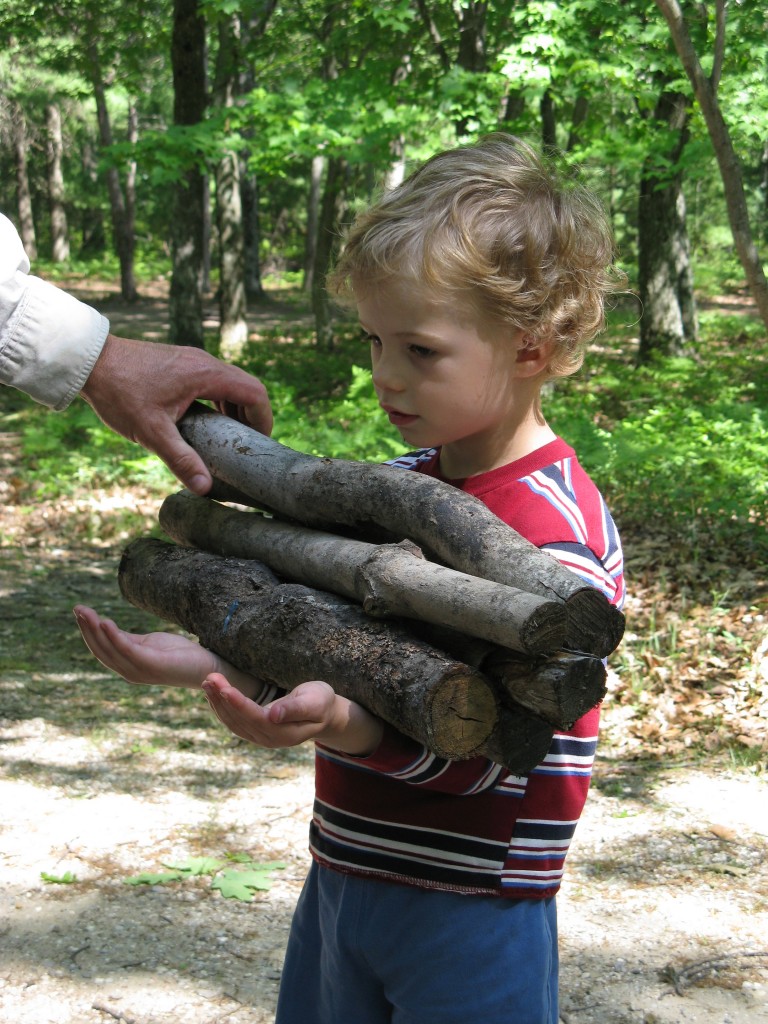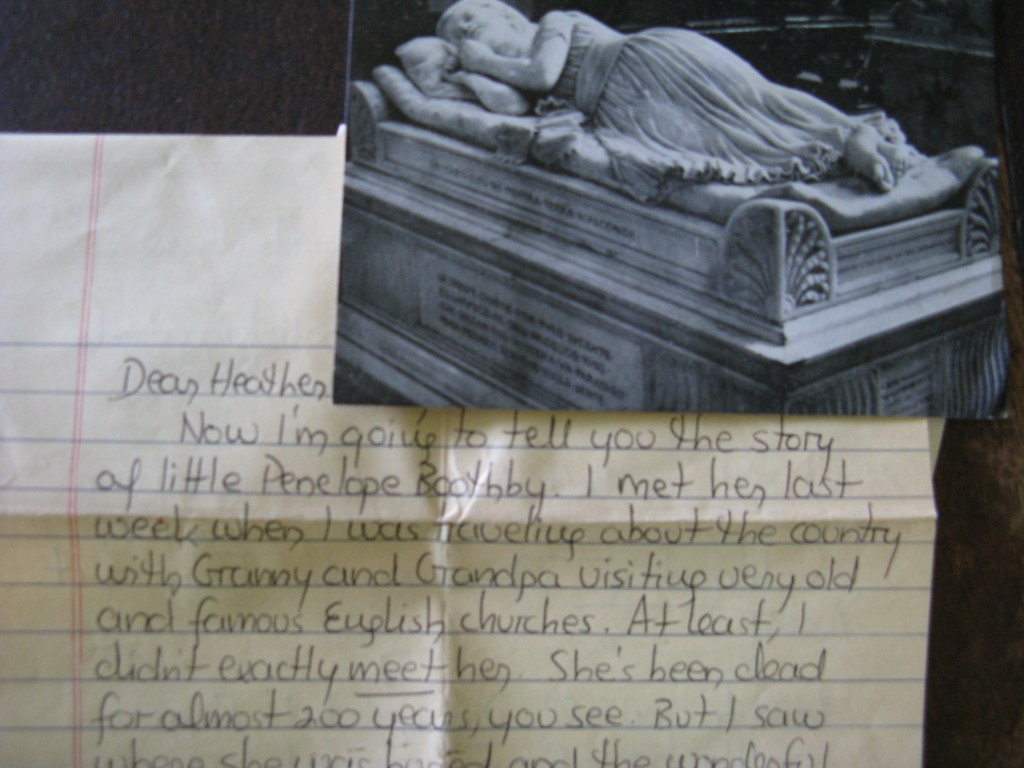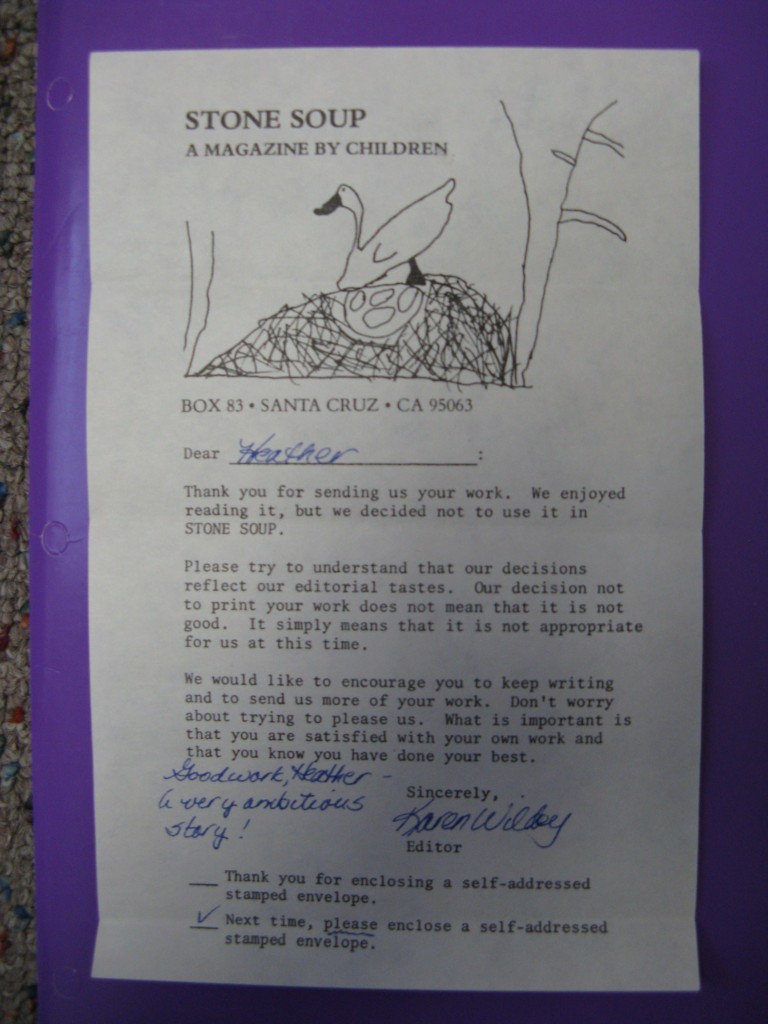A World of Books and Children
Search and enjoy 8 years of posts chock-filled with ideas from It’s OK Not to Share and beyond.
We have a new chore chart up on the wall. Until recently, my kids were still struggling with the basic tasks of personal maintenance --- getting dressed, brushing teeth, fetching their own bowls and spoons, pouring milk and tucking their pajamas away each day. Taking responsibility for these simple daily tasks seemed enough.
But now we're moving into the next step. Teaching them both simple household jobs: drying dishes, setting the table, sorting out the weekly mound of recycling. It's amazing. I can't believe how fantastic it feels to watch kids work. Not only does work get done around the house without me doing it -- I can even sit quietly and read a book while the kids stomp plastic bags into a compact bundle and load the recycling tubs -- but it's marvelous to see kids at work. A bit of grumble here and there, but on the whole, joy. That's right. They shine with a feeling of competence and family contribution.
Kids need to be part of family work. To learn the skills, to help out, and to feel the pride that comes with being part of something. Watching my kids work, it occurs to me how rarely I see children working these days. One boy in the neighborhood mows the lawn. Another child weeds his grandmother's garden. But it's a rare sight.
Are you doing chores with your children now? What kind of chores did you have as a kid growing up? What ages seem right for certain jobs?
When I was five, my aunt sent me letter I'll never forget. It was a loving letter, but a sad story. It began like this:
Now I'm going to tell you the story of little Penelope Boothby. I met her last week when I was traveling about the country with Granny and Grandpa visiting very old and famous English churches. At least, I didn't exactly meet her. She's been dead for almost 200 years, you see.
Poor little Penelope was only 5 years old when she died. She was apparently very pretty and very clever. Her parents were very proud of her. Too proud, in fact. They wanted her to see and do and learn everything. At the age of 5 she could speak, as well as English, Italian, French and Latin. Well, it was all too much for her. She just lay down and died. Isn't that a sad story? But she looks very peaceful and happy in the picture, curled up and fast asleep. And that, my dear, is the story of Penelope Boothby. The End.
She enclosed a postcard showing the chiseled form of Penelope on her tomb and copied out the tomb inscription: "She was in form and intellect most exquisite. The unfortunate parents ventured their all on this frail bark, and the wreck was total." (Ashbourne, England, 1791)
As a child I spent hours gazing at the forlorn form of Penelope and thinking about her story. For one thing, I felt very grown up to receive such a letter. But I was also intrigued because it didn't have a happy ending.
Life sometimes doesn't.
Kids need all kinds of stories. Not just the kind where everything ties up neatly and everyone is rich and comfortable and lives joyfully ever after. We need to share sad stories, tragic stories, real stories, too. The story of Penelope touched my heart. Thinking about her made me want to meet her and invent new endings. It made me a bit more human.
Kids books are getting happier these days. They're changing the endings and removing conflict. Chicken Little doesn't get eaten by a fox anymore -- he goes home safely to live with his friends. But we need sad stories in the mix, and we need to have the courage to share them with young children. Stories that make us think, ponder and touch our heart.
What sad stories do you remember from childhood? What impact did they have? Why do you think we need sad stories?
My very first rejection letter came in 3rd grade. I'd been writing endless stories by then, and thought I was pretty good.My teacher loved my stories and encouraged me to apply; my parents loved them. I was sure I would win and be published in the magazine.
When the rejection letter came I was shocked. What - not mine? I was shocked but not devastated. Mostly I remember feeling intrigued. Editors had selected other children's stories instead of mine, OK, this writing thing was harder than I had thought. The rejection made me more determined.
I'm grateful for that early rejection letter. It got me used to rejection at an early age. It helped open my eyes to the fact that there are other talented writers out there, and that I needed to truly put in some EFFORT to make my dreams come true.
Kids need to experience rejection when they're young. Rejection of all kinds. It's part of taking risks. The very first rejections are usually social risks like asking to join in a game: "Can I play with you?" In my book It's OK Not to Share I delve into the benefits of kids facing risk and rejection. There will always be risk in our lives, and learning to accept the possibility of rejection, learning to cope and moving on are life skills we all need.
Besides, the earlier kids experience rejection, the more matter-of-fact and common place it becomes. "She might say 'yes' and she might say 'no,'' we can remind kids. Rejection does not have to be disrespectful or devastating. Sometimes it's an answer that propels us forward in new ways. Sometimes it's the answer we need to try again. To get better at something. To improve our emotional coping skills.
Rejection is always part of life, as long as we change and grow and take risks.
I'm still determined to write and publish. What about you? Do we shield kids too much from risk and rejection? Have you ever benefitted from rejection?



